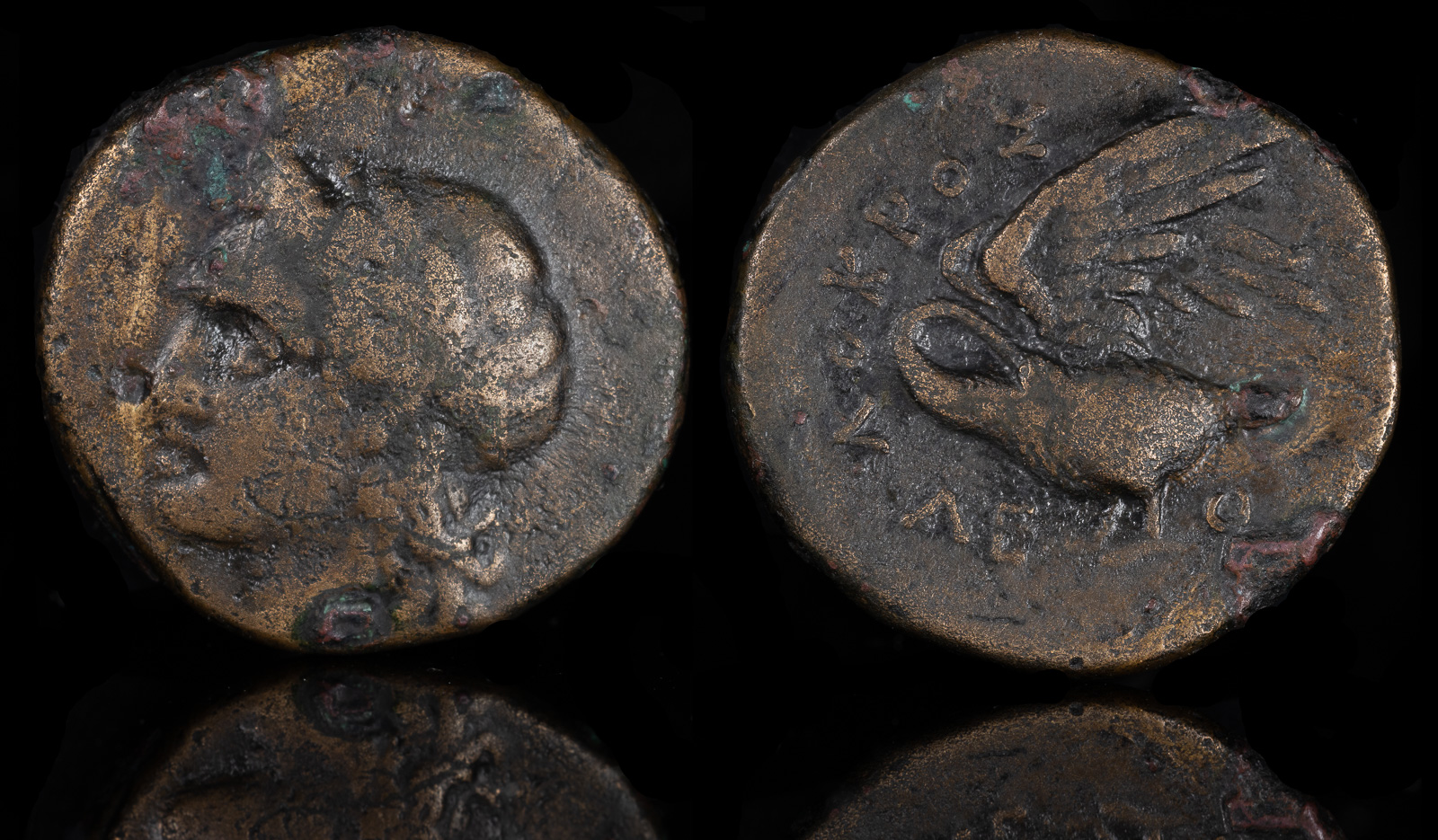Swan
View All Tags
The swan is also famously linked to Zeus, the king of the gods. According to one myth, Zeus transformed into a swan to seduce Leda, the queen of Sparta, who was subsequently impregnated by him and bore two children, Castor and Pollux, as well as Helen of Troy. This myth is one of the most well-known associations of swans with divine transformation and the intervention of gods in human affairs. The transformation of Zeus into a swan represents themes of shape-shifting and divine influence over mortal lives.
Swans were also believed to be connected to the concept of immortality and the afterlife. In some stories, the swan was thought to be a soul guide, leading the deceased to their final resting place. This connection to the afterlife may be why swans were often associated with the mysteries of death and rebirth, acting as symbols of the transition between life and death.
Moreover, the idea of the “swan song” — the myth that swans sing a beautiful song before they die — became ingrained in Greek culture as a symbol of final beauty and elegance.

Ionia. Leukai 350-300 BCE
16.06mm 3.00g
Obverse: Laureate head of Apollo left
Reverse: •ΛOKPOΣ / ΛE-O, swan standing left, head reverted
SNG Copenhagen 801 type (legends)